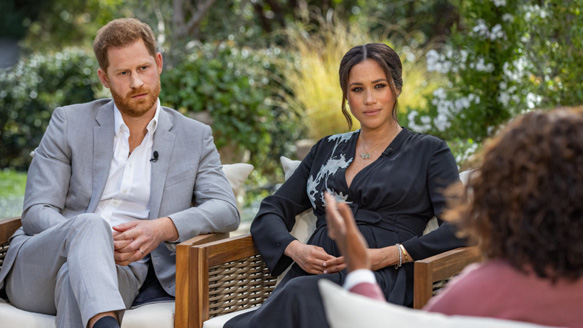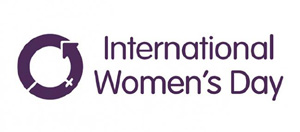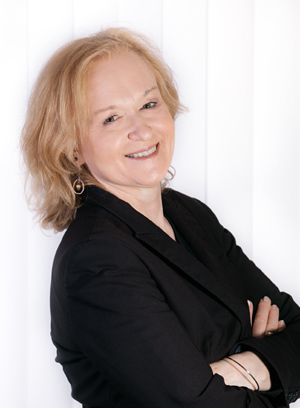Monday March 8, 2021 | VICTORIA, BC [Updated 2:50 pm]
by Mary P Brooke, B.Sc., Cert PR, Editor | Island Social Trends
Have we come a long way? Today is International Women’s Day and social media is all abuzz with wishes, statements, declaration and stories from mainstream organizations including government, school districts and a wide range of industries.
It’s good to see attention to the rights of women in society, but the work is not only long overdue it still has a very long way to go. And the actions somehow still seem awkward, as if many of the people ‘celebrating’ aren’t quite sure what they are promoting, but it still seems like a good idea, so they do it.
Blithely we can state that the COVID-19 pandemic (as a health emergency) has set women back about 30 years in the mainstream economic workplace. As soon as ‘stay home, work at home’ directives were in place, it was women who stepped first into full-time parenting including in many cases giving up their active workplace presence.
In the ongoing pandemic, most of the hardest-hit economic sectors have been those that depended on women as their major workforce (much of it underpaid), including tourism and hospitality. Women in frontline health care took an additional brunt due to direct COVID exposure and the danger of bringing that back to their families.
Frontline retail frequently has primarily women in those jobs — more high risk to self and family, and at relatively low wages, to boot. Or, if any women in these sectors by choice stepped back from employment the result was not only financial loss but a bit of trauma related to choosing to diminish their finances for the sake of their health.
Women are still the unwitting target of systemic sexism (call it internalized misogyny) in many aspects of business life and financial success. This will pass in time, as the older generation of men who perpetuated this pillar of patriarchy do pass into retirement. However, there is a disturbing trend that some young men are being groomed into the ruling patriarchy, with much more subtle tools and techniques in place to further maintain it.
All of this is about control. Men fear the power of women to be able to reproduce the species, manage the family, express their natural sexuality, and also achieve economic independence. Women who fight the frontlines of women’s advancement have paid many a price, on levels that are personal (relationship), health (mental and sometimes physical), financial (passed over for promotions unless they toe the line of giving up some of their power), and life-security (by the time retirement comes, the differential of loss income opportunities can often be staggering).
Without women there would be no babies, no families, and usually none of that special emotional or love — the ‘glue’ — that holds a family and community together beyond the dollars and property that men use for control and entrapment. Oh, by the way, the tables can occasionally be reversed … one older male, a widower, years ago offered congratulations to a woman for still being single; he had caved to remarrying for financial security and seemed crushed by the decision.
The overarching problem is a system that works people hard and slots them into roles, not men themselves necessarily. Women are adaptable and flexible but this has been used to our gender’s disadvantage over the decades and centuries.
Women long ago — in times documented in Celtic history, Indigenous communities and other cultures — were proud leaders of their communities, bearers of children and those who perpetuated the culture and the spirit of things. As participants in the modern workforce we can still bring this wholeness to bear with strength and commitment.

Society is in transition. In the last few years the Me-Too Movement has made its mark, and remarkably just last night we heard Meghan Markle (even while having married into the institution of royalty) stand up for her wholeness in a feature interview televised worldwide.
Absolutely, it’s important to recognize International Women’s Day (a labour movement exercise at its root) in the mainstream today. But it’s every day actions and choices along the way that each of us — regardless of gender — will make the difference stick by sticking up for our dignity, and for our rights to our emotions, feelings, career path, talents, economic participation, family status, and more.
===== About the writer:
Island Social Trends editor Mary P Brooke has been a life-long supporter of women’s rights in her career and family life. She holds a B.Sc. in health science (nutrition and community education) and Certificate in Public Relations (focus on mass media and film). Early in her career Ms Brooke started two women’s rights organizations, and ever since has actively heralded the rights of women (particularly in education, for youth, and around issues of reproductive rights and maternity as well as roles in business). She has been a leader in the editing, publishing and journalism communities. Mary is the mother of four grown children, who she raised on her own following divorce (recognizing the support of many in the community along the way).








